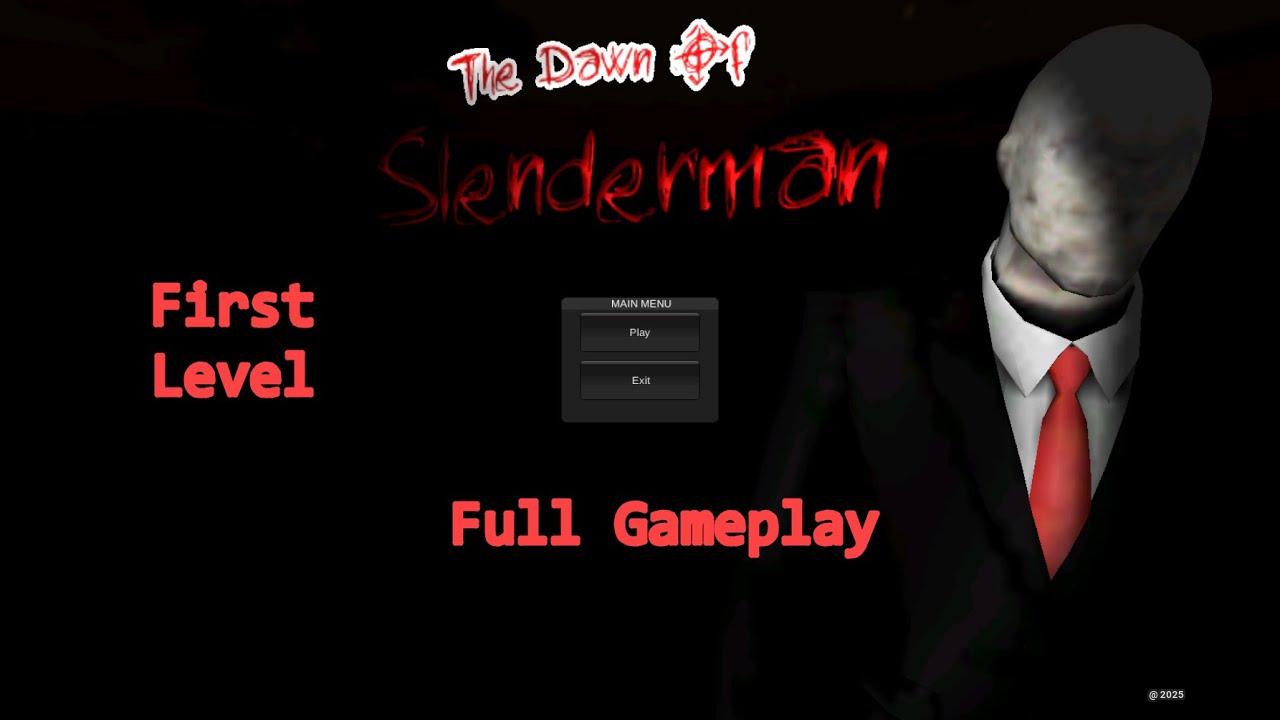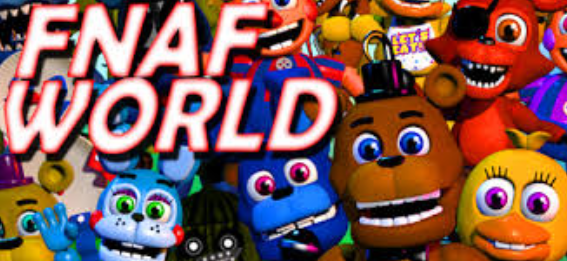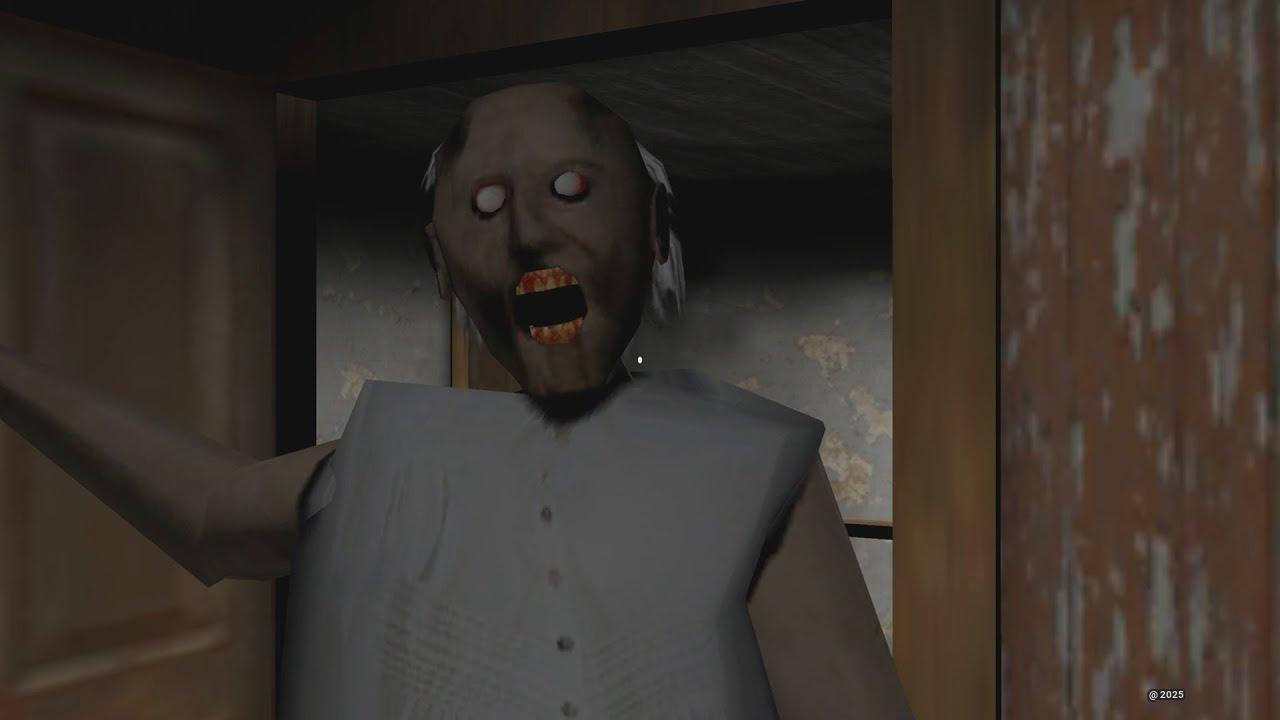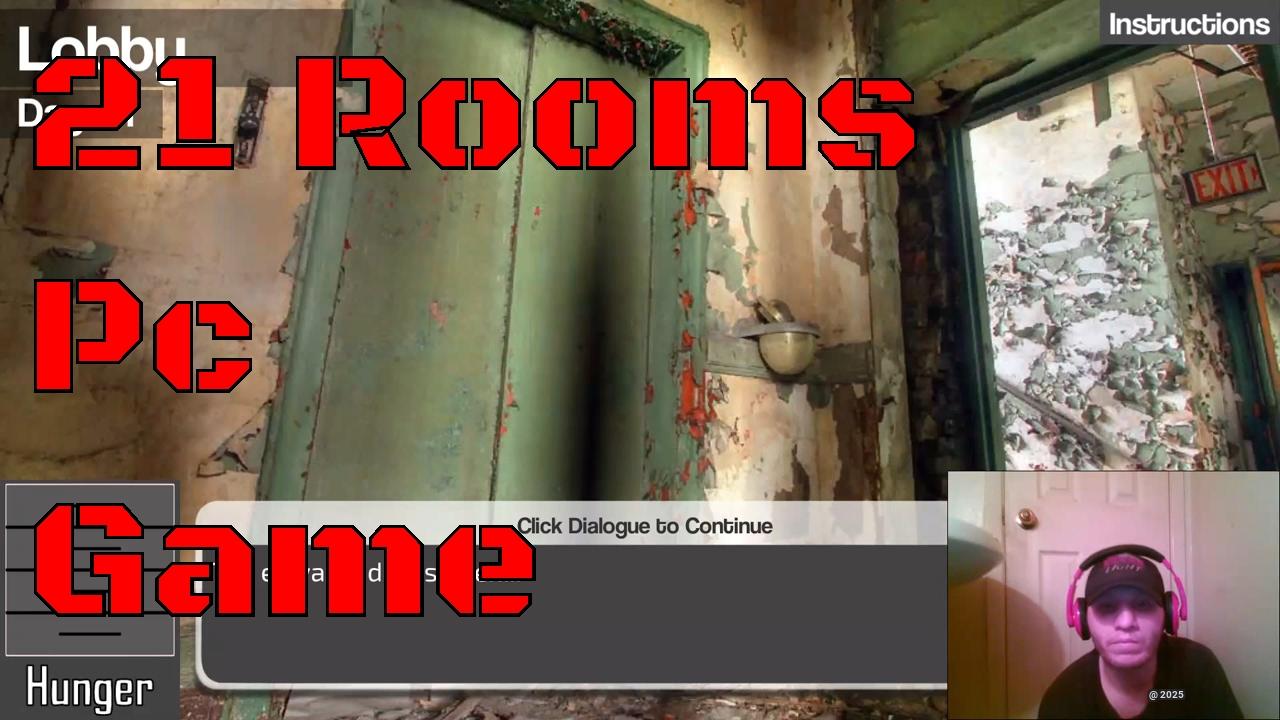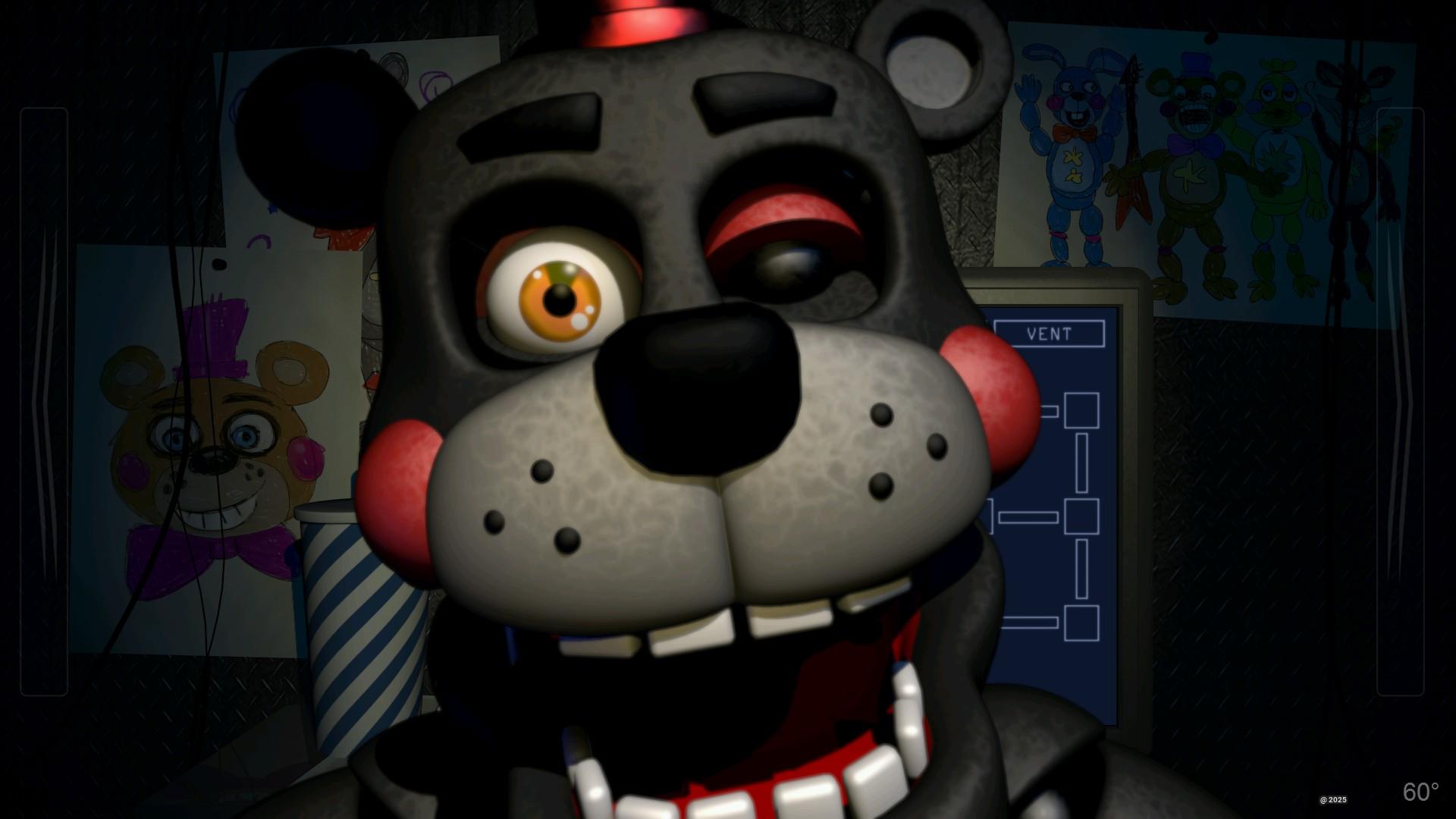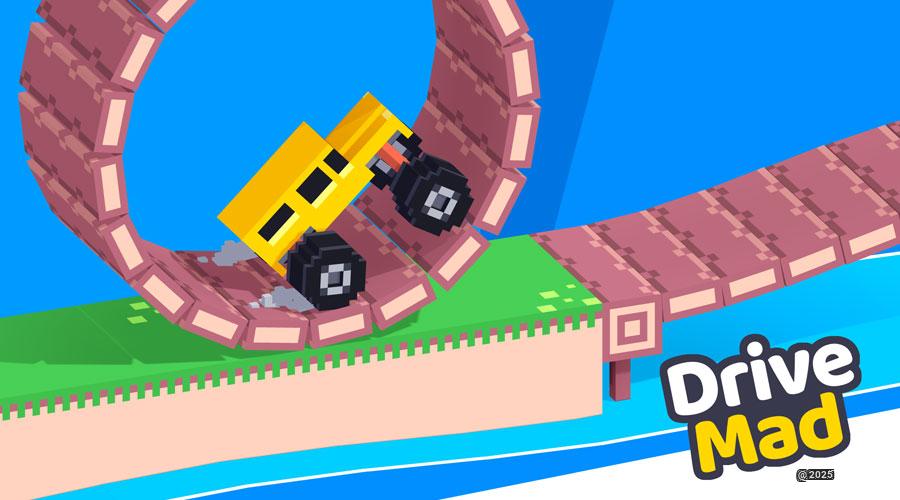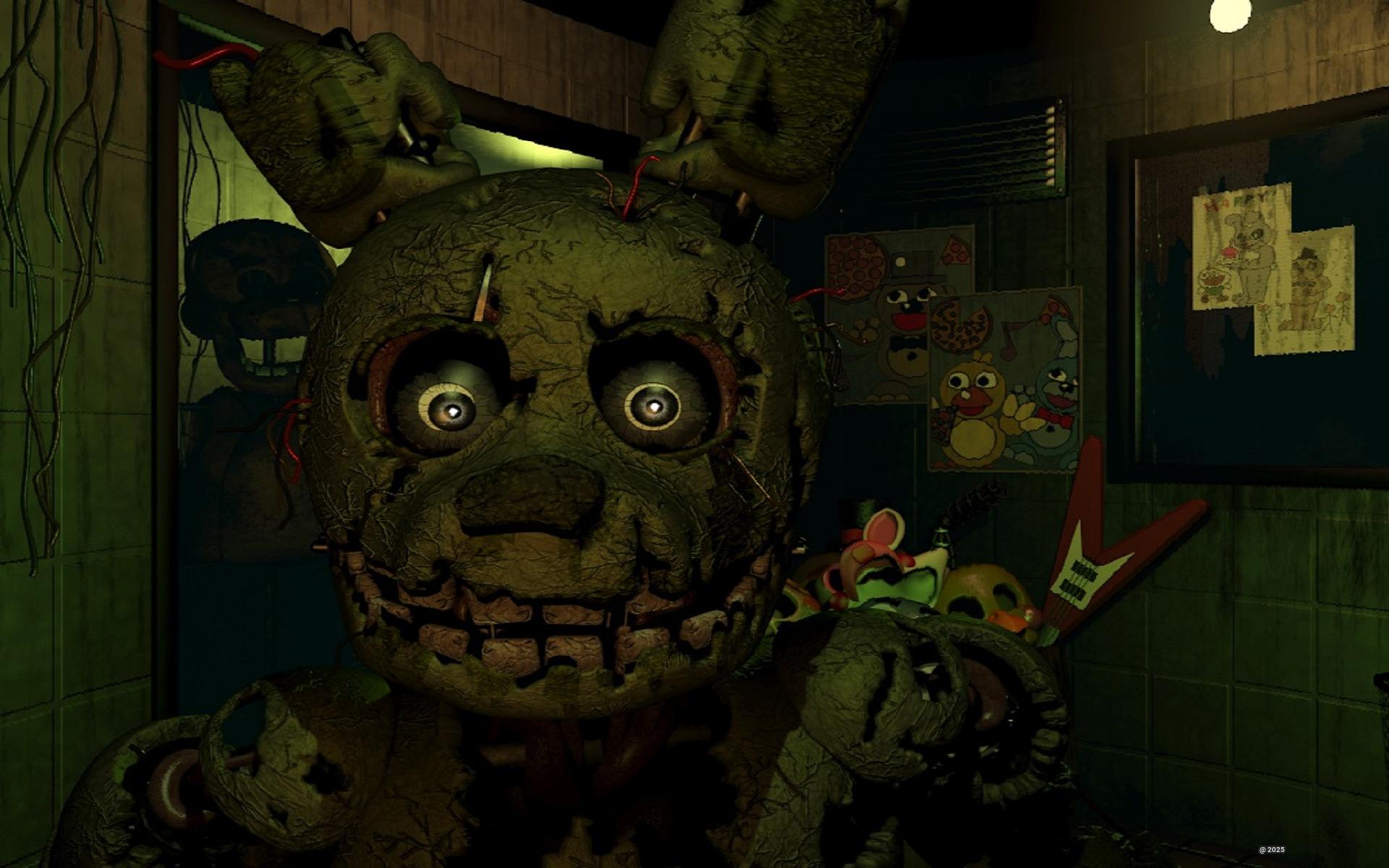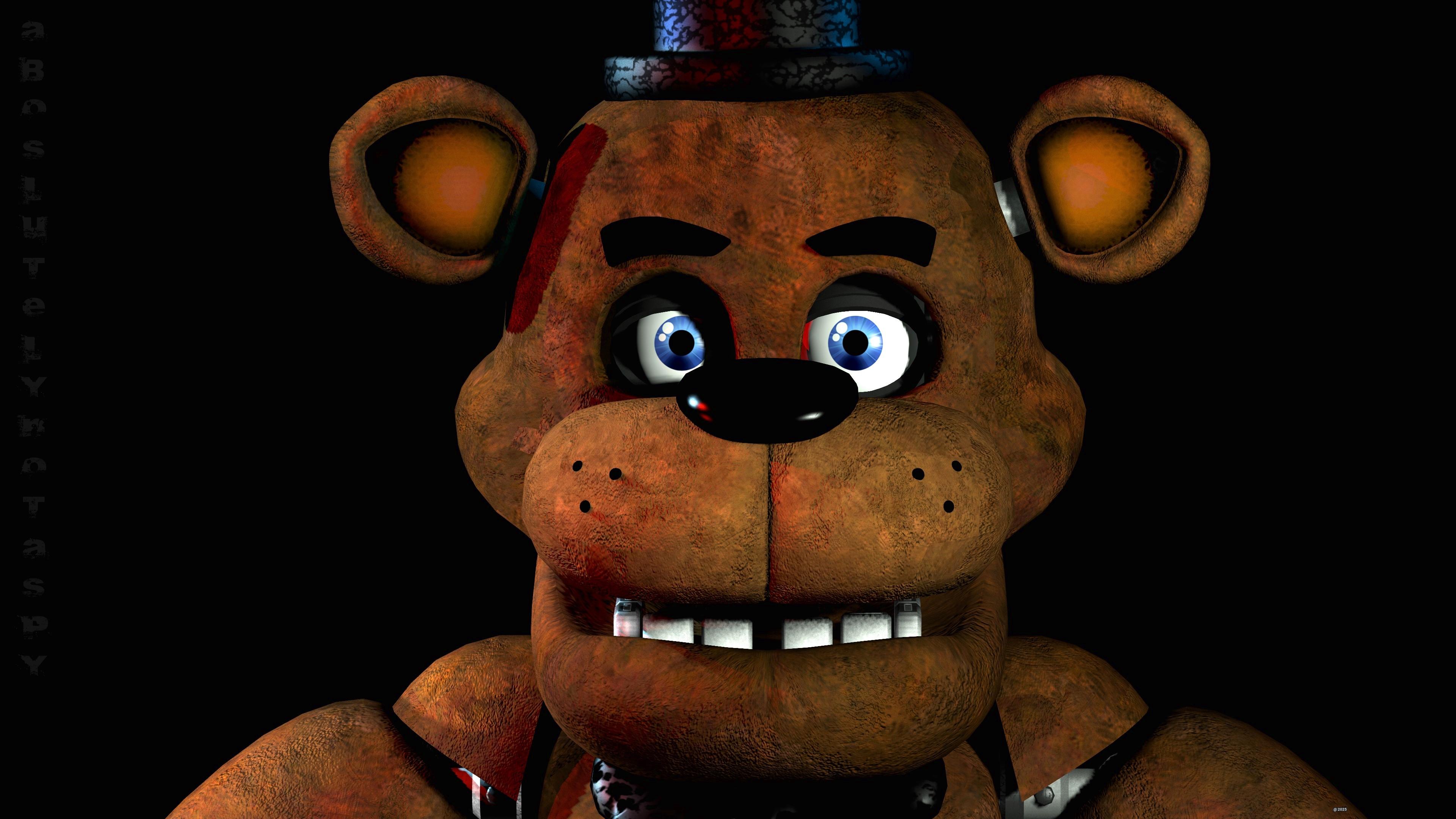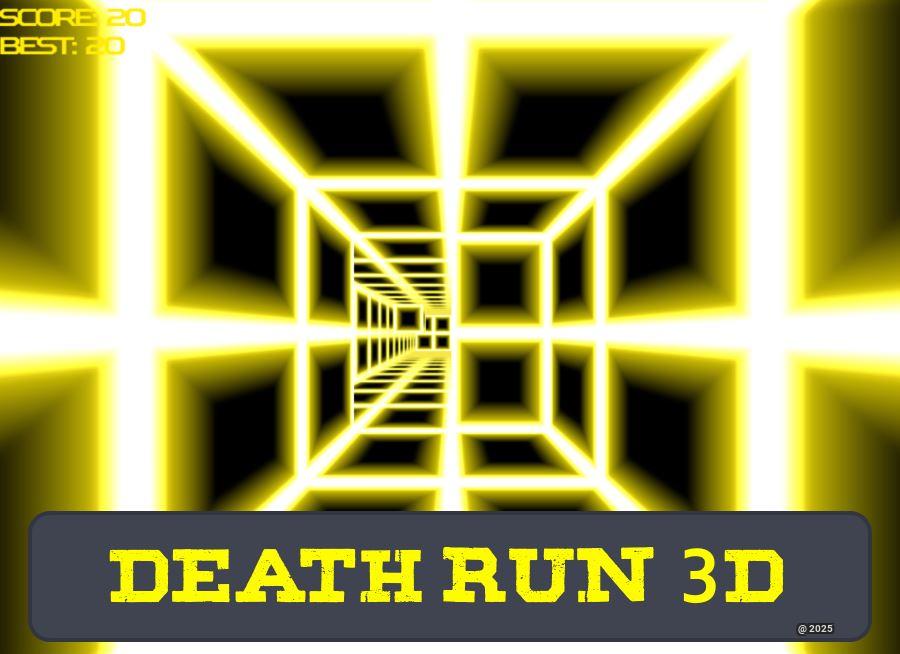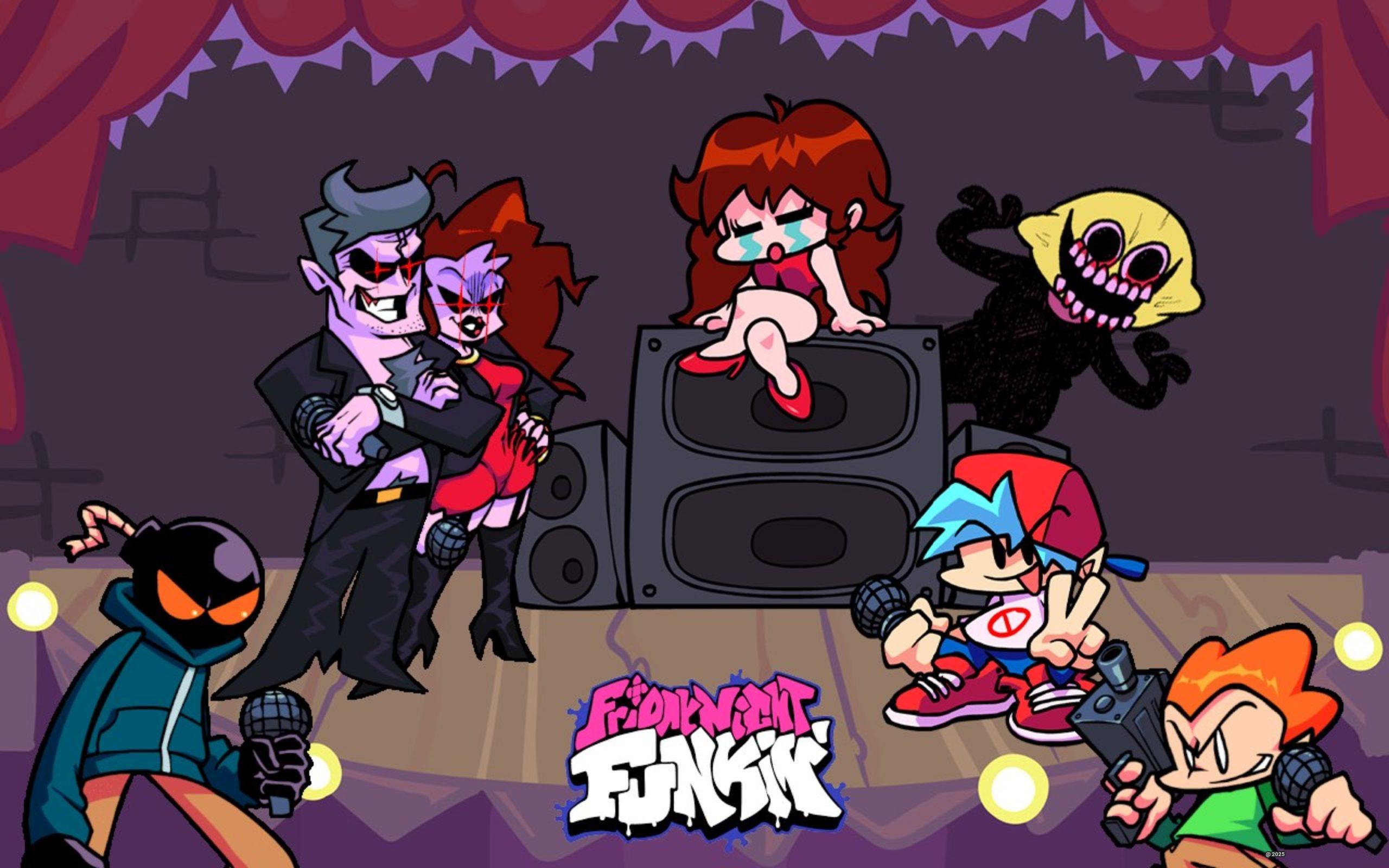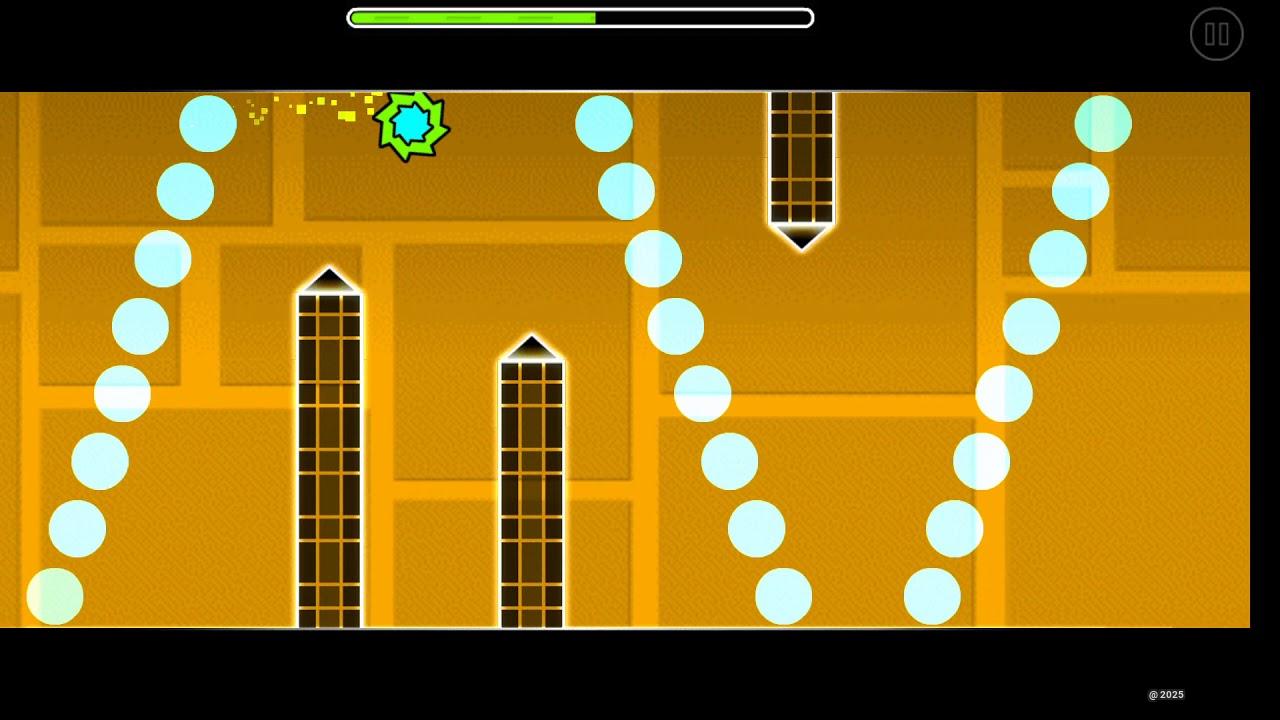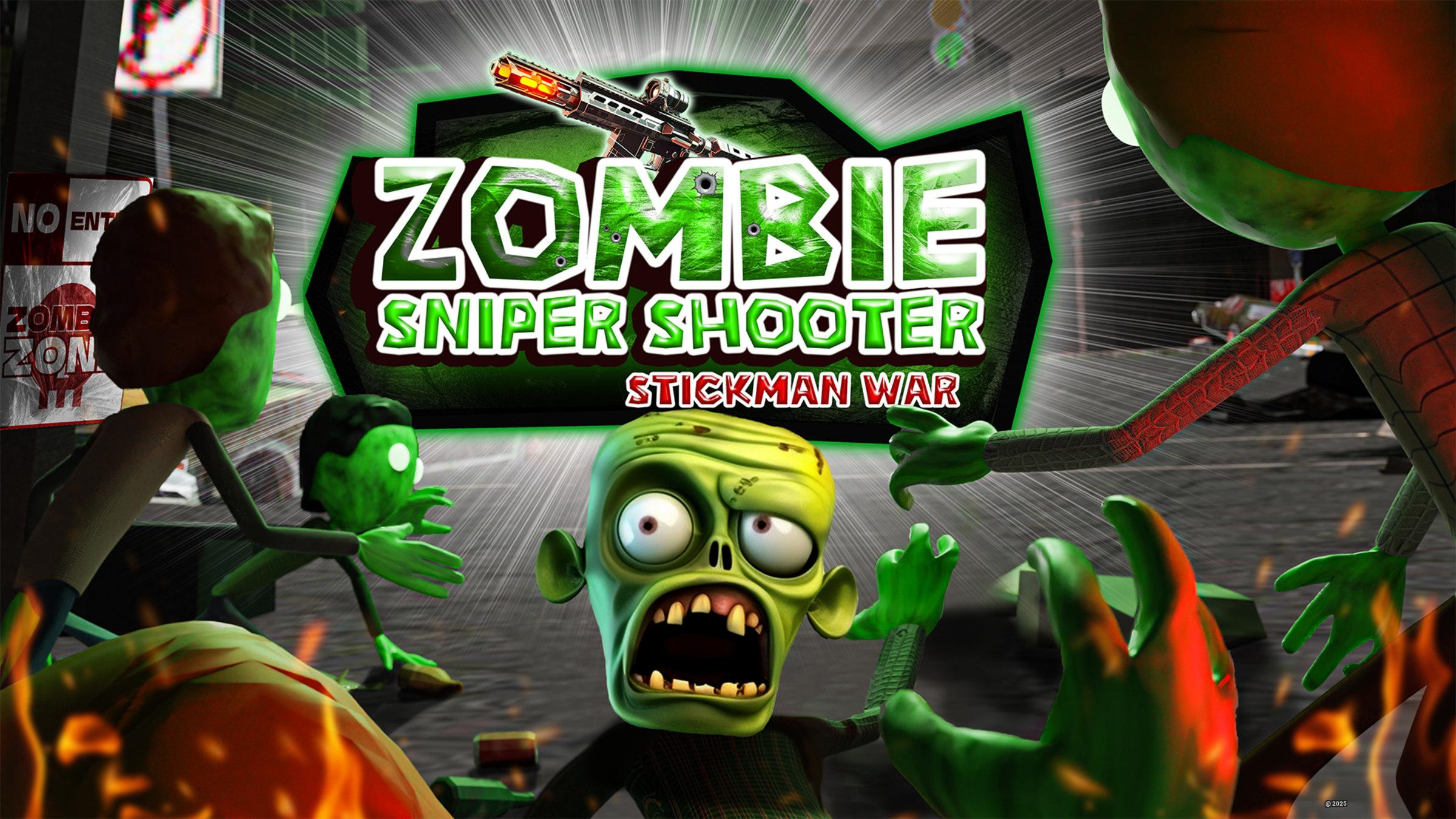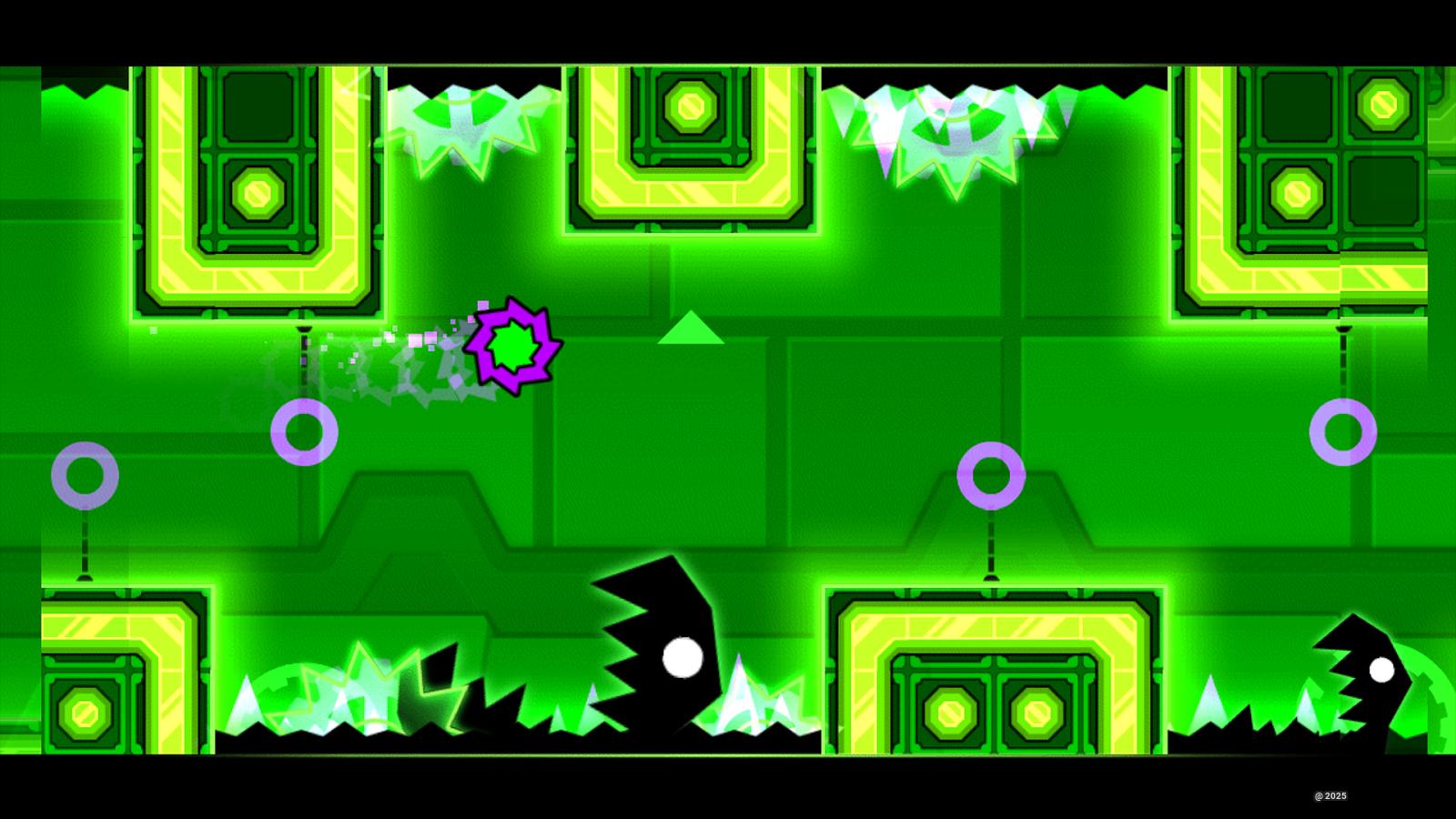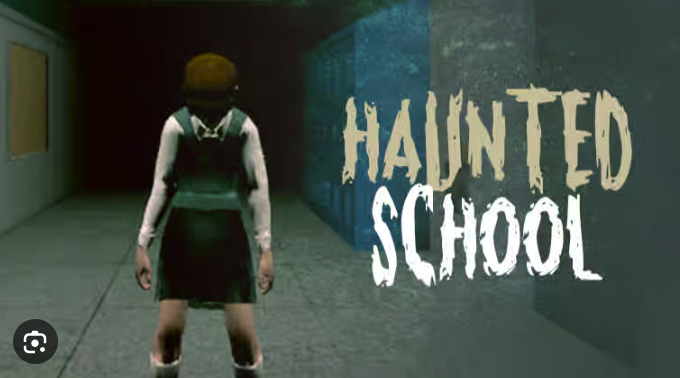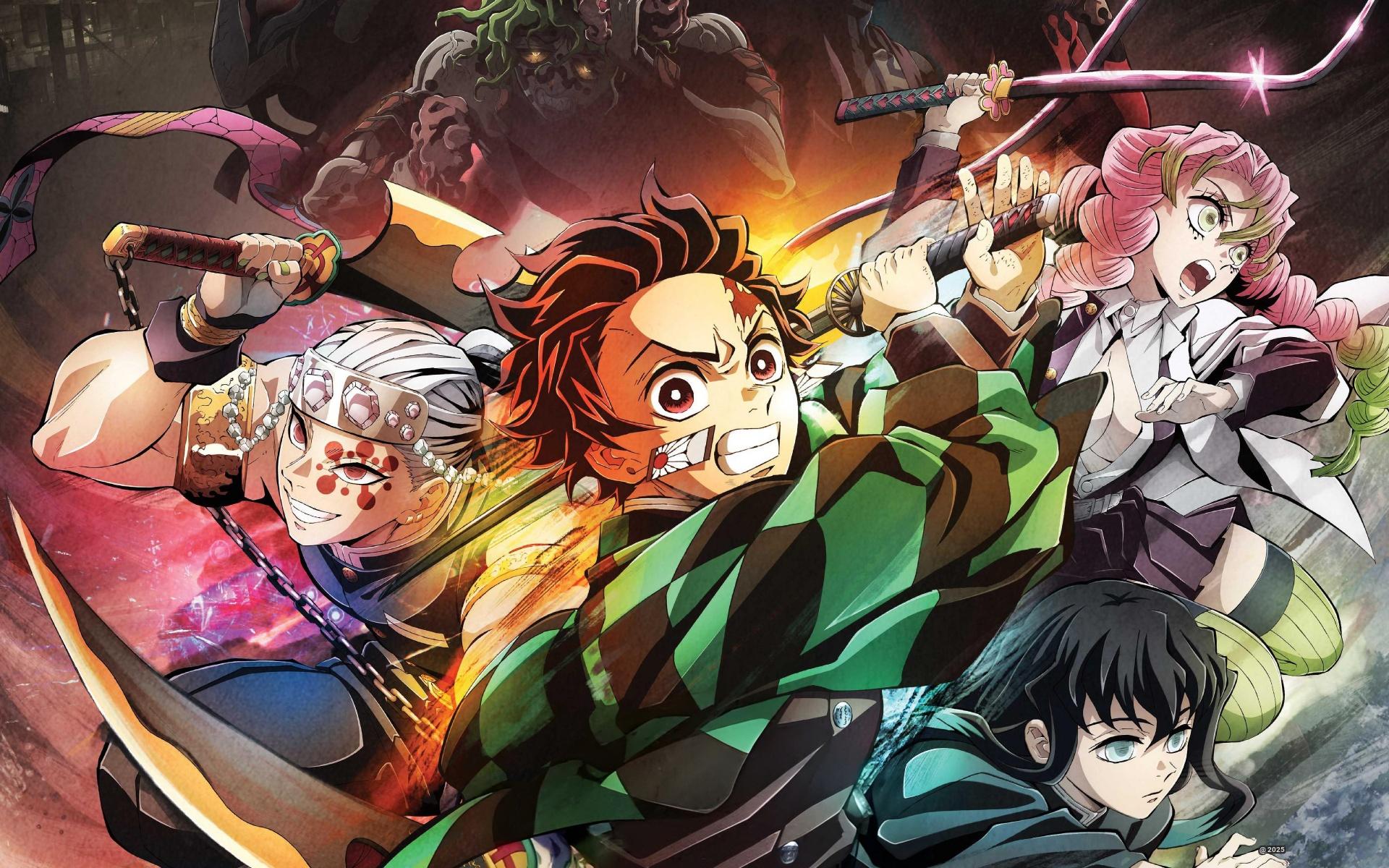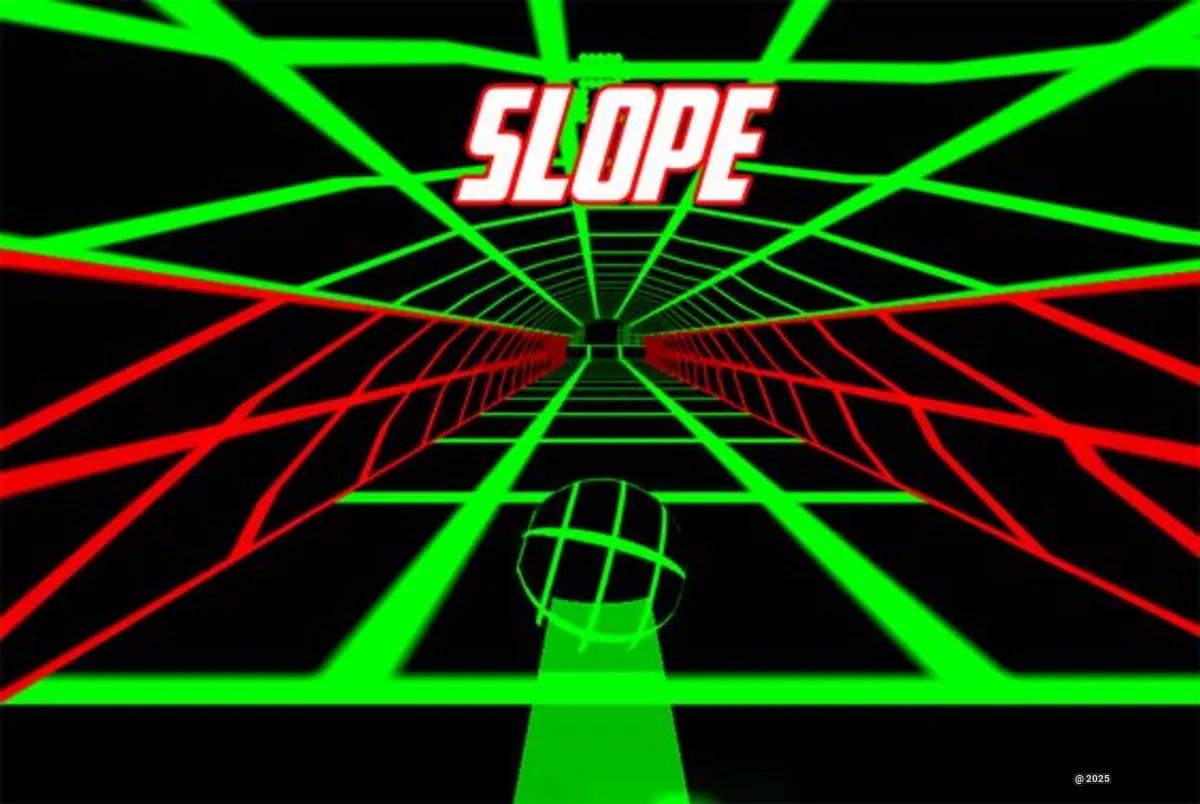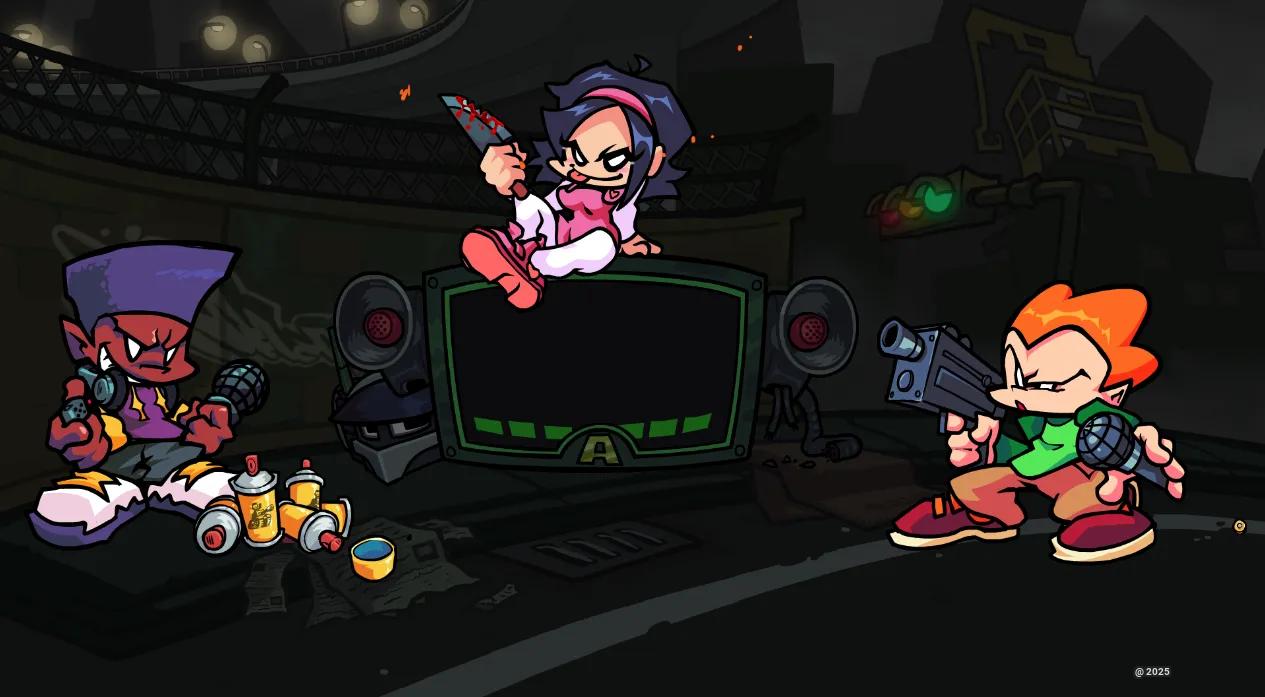A faceless figure stalking through misty woods. Eight pages scattered across an abandoned forest. One terrifying race against time. Since its 2015 release, The Dawn of Slenderman has transformed a creepypasta phenomenon into an adrenaline-pumping survival horror experience played by millions.
This indie horror gem puts players in a nightmarish scenario - trapped in a dark forest with only a flashlight, desperately searching for eight hidden pages while being relentlessly pursued by the towering Slenderman. The game’s brilliance lies in its simplicity: no complex mechanics, no elaborate storylines, just pure psychological terror as you scan dilapidated buildings and gnarled trees for pages, never knowing when that pale face might materialize from the shadows.
The game’s success sparked a new wave of horror gaming, influencing countless indie developers and proving that genuine fear doesn’t require AAA budgets. What started as a mobile release in 2015 found new life in 2021 as a WebGL version, making the terror accessible to anyone with a web browser. The Dawn of Slenderman stands as a masterclass in atmospheric horror, where every rustle of leaves and flicker of light could signal your last moment of safety.
Whether you’re a seasoned horror fan or new to the genre, this game delivers an unforgettable experience that will have you questioning every shadow on your screen - and maybe even in your own home.
Introduction to “The Dawn of Slenderman” Game Mechanics
I’ve spent countless hours mastering The Dawn of Slenderman, and let me tell you - it’s nothing like your typical horror game. You’re thrown into a dark forest with a simple goal: find eight pages before Slenderman finds you. But there’s so much more to it than that.
What makes this game tick? The core mechanics revolve around three key elements:
- Page Collection System: Each page you grab makes Slenderman more aggressive
- Stamina Management: Running depletes your energy - use it wisely!
- Flashlight Dynamics: Your main tool, but it can also give away your position
| Game Element | Description | Impact on Gameplay |
|---|---|---|
| Flashlight | Limited battery life | Forces strategic use |
| Stamina Bar | Depletes while running | Limits escape options |
| Pages | 8 total to collect | Increases difficulty progressively |
Navigating the Horror Forest: Tips and Tricks
Having explored every corner of this terrifying forest, I’ve learned how vital proper navigation is. You can’t just run around aimlessly - that’s a quick ticket to a game over screen.
Here’s what I’ve discovered works best:
- Use landmarks to create mental maps
- Keep your back to solid objects when possible
- Listen for audio cues - they’re your best early warning system
My top tip? The trees aren’t just scenery - they’re your best friends for breaking line of sight with Slenderman. I’ve escaped countless encounters by using proper “tree-weaving” techniques.
Horror game survival basics are helpful, but The Dawn of Slenderman requires its own unique approach.
Key Locations: Discovering Houses
The houses scattered throughout the forest aren’t random - they’re carefully placed checkpoints that can save your life. I’ve mapped out several critical locations you need to know:
- The Abandoned Shack: Often holds 1-2 pages, tight spaces make hiding tricky
- The Two-Story House: Best vantage point, but dangerous to get trapped in
- The Basement Shelter: Safe spot to catch your breath, if you can find it
Pro tip: Don’t rush into any house without checking your exits first. I learned that lesson the hard way!
Strategies to Avoid or Defeat Slenderman
Here’s what actually works:
Movement Patterns:
- Walk backwards when you spot him
- Zigzag while sprinting to break pursuit
- Alternate between walking and running
Resource Management:
- Save battery power for critical moments
- Conserve stamina until absolutely necessary
- Use sound strategically to create distractions
Remember: Slenderman’s behavior changes based on how many pages you’ve collected. What works early game might get you killed later.
Collecting the Eight Pages: A Comprehensive Guide
Finding all eight pages is tough - but I’ve got a system that works. Let’s break it down:
Optimal Collection Route:
- Start at the truck (usually has a page)
- Move to nearest building
- Circle the perimeter
- Check interior if necessary
- Head to next closest landmark
| Page Location | Risk Level | Best Approach |
|---|---|---|
| On Trees | Low | Quick grab and go |
| Inside Houses | High | Scout first, grab fast |
| Open Areas | Medium | Wait for clear path |
The Evolution of “The Dawn of Slenderman”
The game’s journey from Android to WebGL brought major improvements. I’ve played both versions extensively, and the differences are striking:
Android Version (March 2015):
- Basic graphics but solid gameplay
- Touch controls needed work
- Limited draw distance
WebGL Version (August 2021):
- Enhanced visuals and lighting
- Smoother controls
- Expanded play area
- Better performance
Conclusion
The Dawn of Slenderman transformed a simple internet legend into a heart-pounding gaming experience that redefined indie horror. The game’s minimalist design - a flashlight, eight scattered pages, and an ever-present shadowy pursuer - struck fear into players’ hearts through psychological tension rather than cheap scares.
From its 2015 mobile beginnings to its 2021 WebGL release, this horror title proved that genuine fear needs no elaborate mechanics or high-end graphics. Players found themselves scanning dark forests and abandoned buildings, each crunch of leaves and shadow movement amplifying their panic as they searched for pages while avoiding their relentless stalker.
The game’s genius lies in its raw simplicity: no cutscenes, no dialogue, just you against an implacable enemy. This stripped-down approach sparked a renaissance in indie horror development, showing that small studios could create memorable scares through atmosphere and tension alone.
The Dawn of Slenderman remains a powerful example of how creative constraints can produce something truly haunting. Its influence ripples through modern horror games, reminding developers that sometimes the scariest monsters are the ones we can barely see, and the most terrifying experiences come from what we imagine lurks in the darkness.

